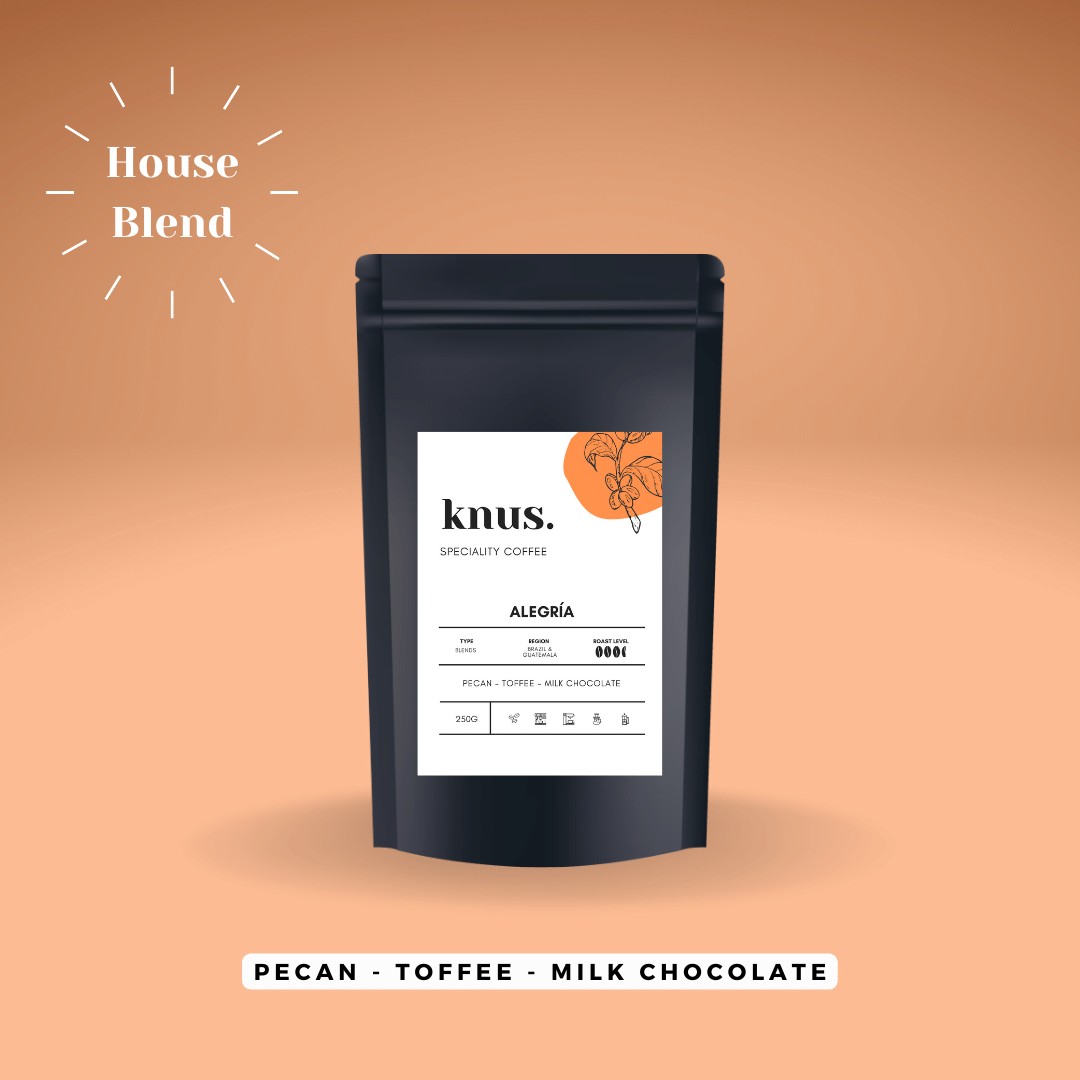
Coffee + Mental Health = ♡
Share
Coffee is one of the most widely consumed beverages in the world, and for many of us, it's a daily ritual that helps us power through our busy lives. But aside from the boost in energy it provides, there are other ways in which coffee can impact our mental health.
Coffee contains caffeine, a natural stimulant that can have various effects on mental health. Some of the ways coffee may help improve mental health include:
-
Boosting alertness and concentration: Caffeine can increase alertness and help people feel more awake and focused. This can help improve mental performance and productivity.
-
Reducing the risk of depression: Studies have found that coffee consumption may be associated with a lower risk of depression. One theory is that caffeine may increase the production of certain neurotransmitters, such as dopamine and serotonin, which are important for mood regulation.
-
Lowering the risk of cognitive decline: Some research suggests that caffeine may have protective effects on the brain, reducing the risk of cognitive decline and dementia in later life.
- Bringing people together: When it comes to mental health, speaking to loved ones can often provide a weight off your shoulders. Always check in with the people you know as you never know what they are going through, Communication is at the heart of Knus objectives, we aim to bring people together through something as simple as a cup of coffee.
It's important to note that excessive coffee consumption, like many other things in life can have negative effects on mental health, such as increasing anxiety and interfering with sleep. It's also important to remember that coffee is just one factor that can influence mental health, and other lifestyle factors, such as diet, exercise, and social support, are also important for maintaining good mental health.
By taking a mindful approach to coffee consumption, we can enjoy its benefits while minimizing any potential negative impacts on our mental well-being.



